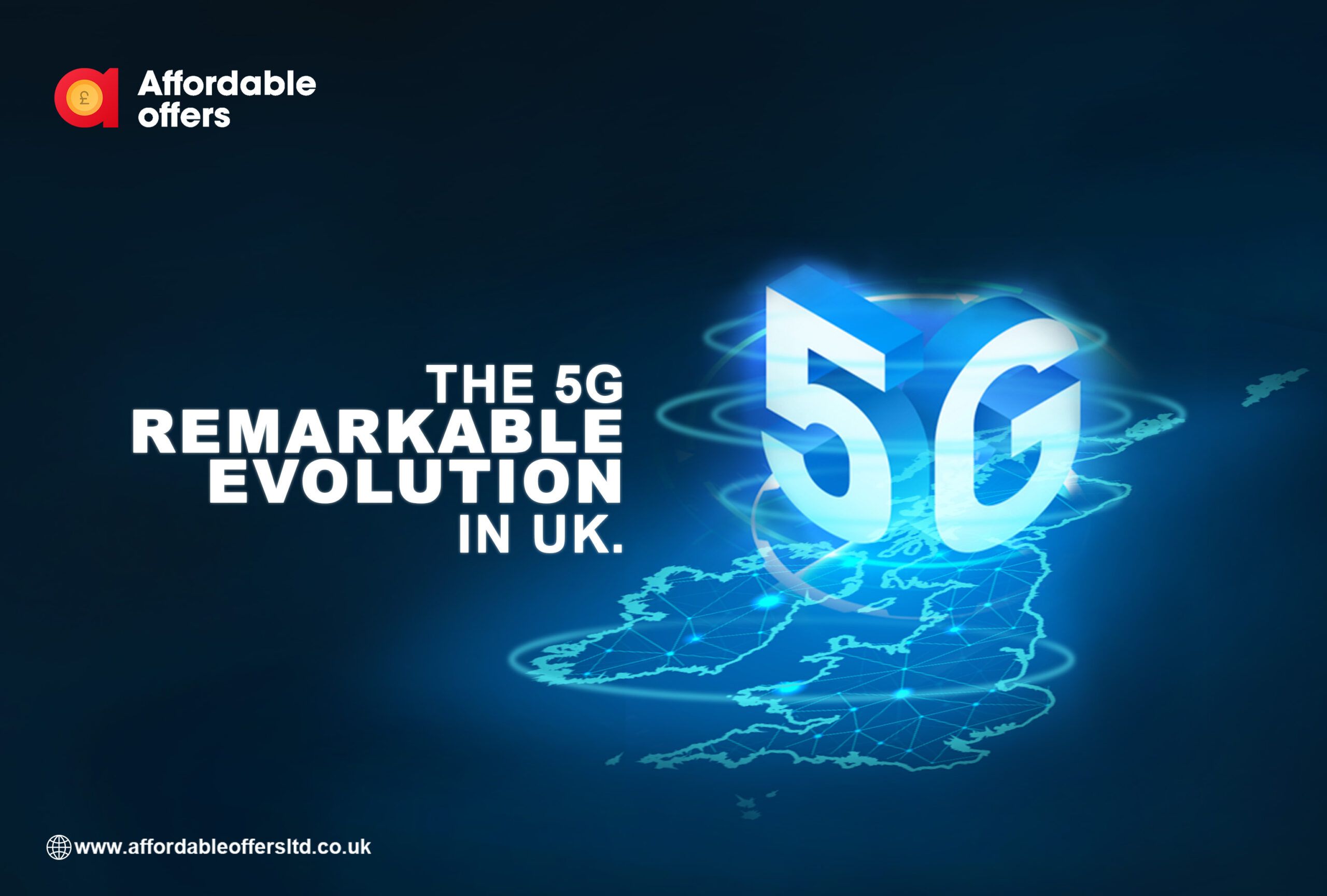
The UK is on the cusp of a digital revolution with the introduction of 5G mobile networks. 5G, which stands for fifth generation, is the next step in mobile communication; it promises to deliver faster speeds and more reliable connections as compared to existing 4G networks. This technology has been available in some parts of the UK since 2019 but its full potential is being unlocked in 2023 when most areas will likely have access to 5G.
The history of 5G dates back to 2010 when technology companies such as Huawei and Ericsson began researching ways to upgrade existing 4G infrastructure. By 2018, large-scale trials had begun in London and other major cities across Britain with full roll-out commencing around 2019. Over the next few years, more phone manufacturers like Apple and Samsung began releasing 5G compatible devices prompting network carriers in the country to further invest in this technology. Recently, several British telecom companies have already announced plans to offer nationwide coverage by 2024; however many areas are already seeing stable connection speeds with services from EE, Three, O2 and Vodafone amongst others leading the pack. (click here for the best 5G affordable monthly packages).
These network providers all employ different strategies for implementation of 5G networks ranging from building their own infrastructure to utilizing shared masts between multiple operators… etc. EE, as a live example, has promised to provide city-wide coverage across London and nearby regions relying on combination dedicated base stations and dynamic spectrum sharing, while Vodafone’s current strategy revolves around smaller cell sites providing reliable service within densely populated urban centers and campuses.
Despite this wide range of coverage available options around Britain; there are still certain regions that remain elusive for connectivity via 5G networks due various factors like topography or limited infrastructure investments… etc. For example, people living in rural areas may not be able to enjoy the same level of experience as those living close to major city centers or industrial zones; but those who do manage to get stable connection speeds often compare them against broadband services which were earlier considered gold standards internet speeds! Aside from remote locations, there are also few larger towns and cities which have established an impressive presence of 5G access points giving users the option to choose from several broadband packages offered in their respective areas.
Here’s a quick look at some strong contenders: Birmingham and Manchester lead way ahead the rest of the United Kingdom covering over 17% total population among themselves; each provided by multiple leading operators! The breakdown of exact numbers: Birmingham boasts 14 local providers and Manchester 11. Both cities equipped with O2, Vodafone, EE, alongside alternative services like Sky Mobile, Asda Mobile… etc. provide maximum coverage to their users.
Last but not least, let’s not forget about Scotland; another heavily populated region that enjoys great strides terms both hand accessibility (350 cells installed) and speed performance (averaging download speed 57Mbps).
The UK has come a long way since pioneering the 5G frontline and now it’s set to embrace a remarkable revolution, this technology brings countrywide! With reliable network providers and burgeoning number devices that can reap its benefits; it’s only a matter of time before even most Britain remote corners have access to high speed uninterrupted internet!
